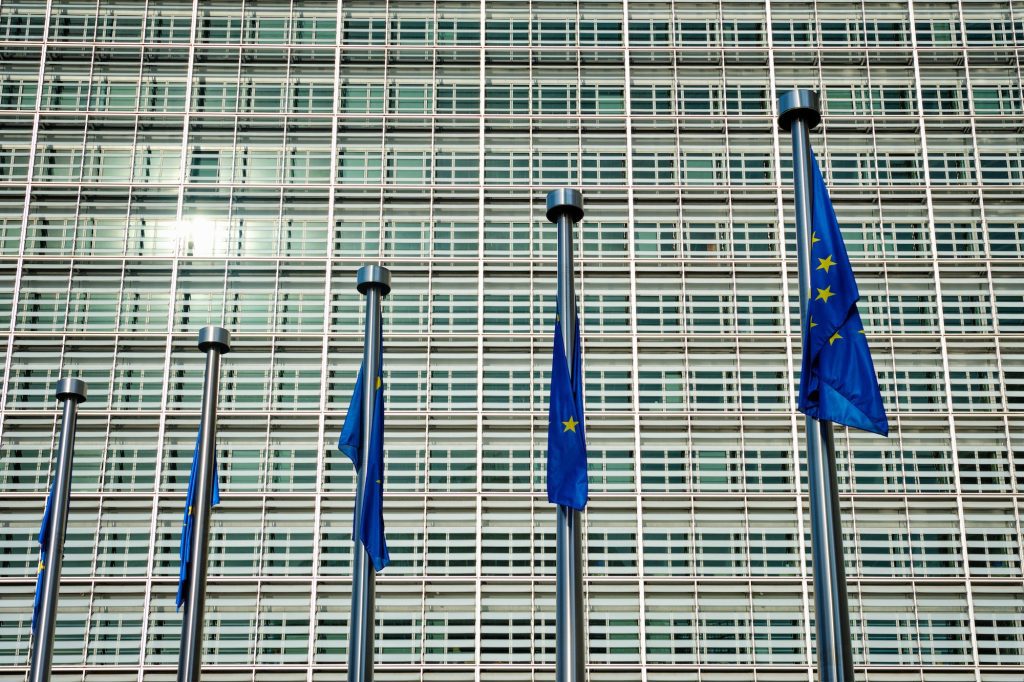EU leaders consider sanctions in response to suspected Russian election interference
Brussels is considering sanctions against Moscow amid warnings of disinformation campaigns, with intensified calls for action due to allegations of EU lawmakers spreading Kremlin propaganda.

European Union leaders convened to address growing concerns regarding suspected Russian interference across the bloc in the forthcoming June elections. As Brussels escalates its warnings about disinformation campaigns, the EU leaders are deliberating on the potential imposition of sanctions targeting Moscow’s activities. Allegations of the EU lawmakers receiving payments to disseminate Kremlin propaganda have intensified the urgency for decisive action.
The EU leaders have pledged to closely monitor and mitigate risks of foreign interference in electoral processes. The commitment includes the establishment of a joint task force to monitor developments and coordinate with national authorities. However, Russia-friendly leaders such as Hungary’s Viktor Orban and Slovakia’s Robert Fico signalled a slim likelihood of the EU leaders taking more assertive actions before the elections.
Why does it matter?
Identified Russian disinformation tactics by the EU officials involve blending facts with false narratives to sow confusion among readers. Sanctions have been imposed on entities spreading Russian propaganda early this year. At the same time, the EU lawmakers under suspicion face scrutiny amid ongoing investigations into foreign influence, with calls for the European Public Prosecutor’s Office and the European Anti-Fraud Office to intervene against political meddling.
